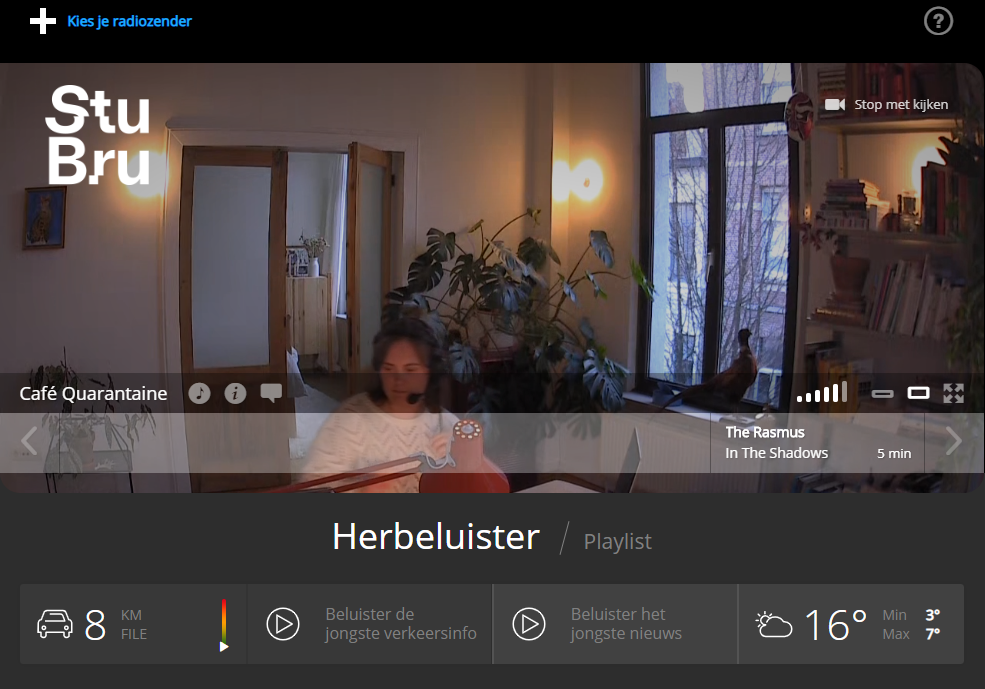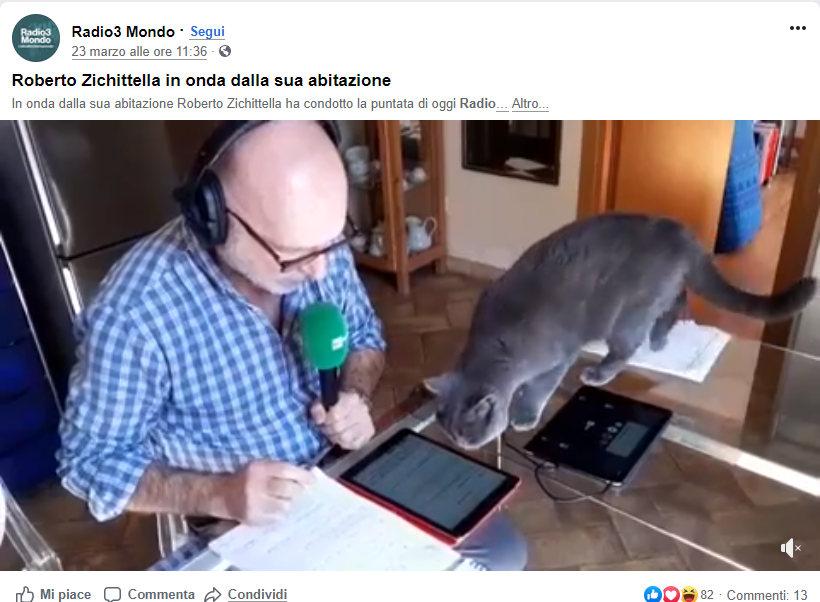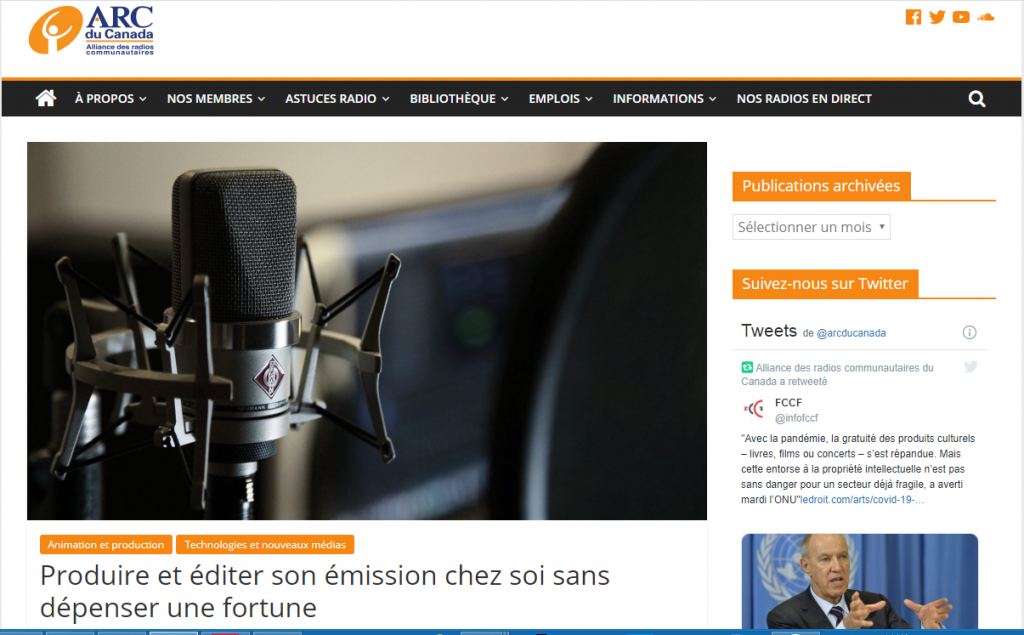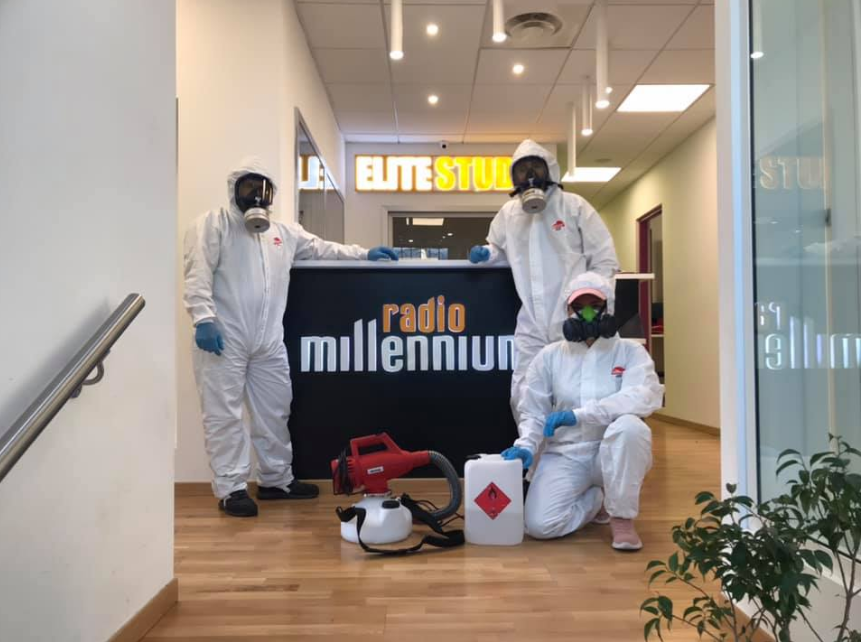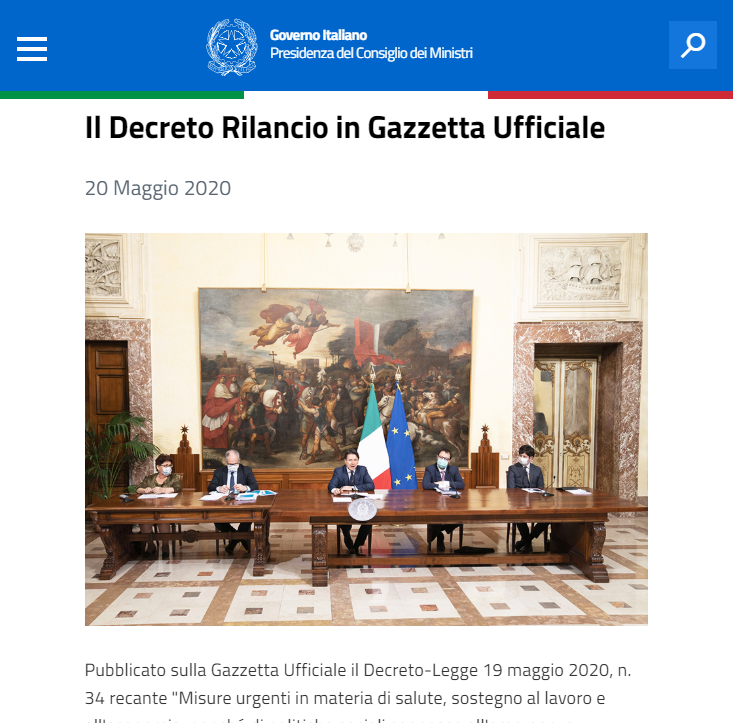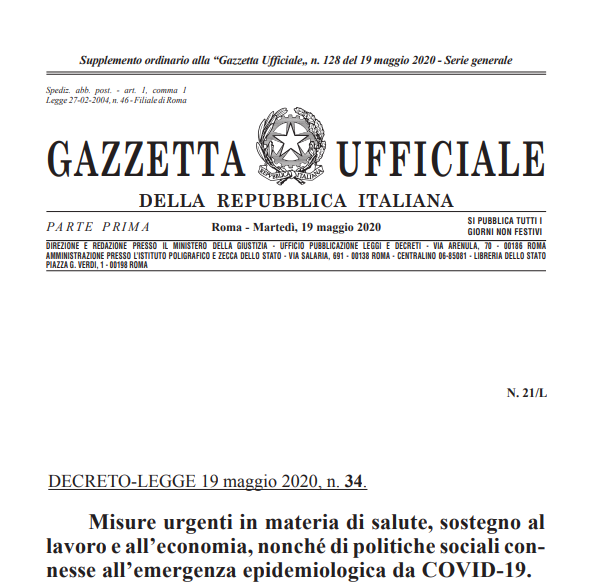Cuts for five major broadcasters in Europe are on their way. While in Italy some radio stations are asking their listeners for help.
Austria: ORF is cutting outgoings

Source
The director general of ORF, Alexander Wrabetz, has announced cuts of € 75 million are to be made by the end of 2021. These will be implemented in all areas in the company, from equipment to the cost of personnel. This year the broadcasting station is predicting losses that go from a minimum of € 28.6 million to up to € 54 million, should the worst scenario play out. The budgets allocated for major events will not be touched (€ 40 million for the rights of the European Football Championship and the Olympics). This is also the case for other investments which include digitalisation. Click here for more details from the article on Horizont.
France: Cost cutting plans for the public radio causes controversy
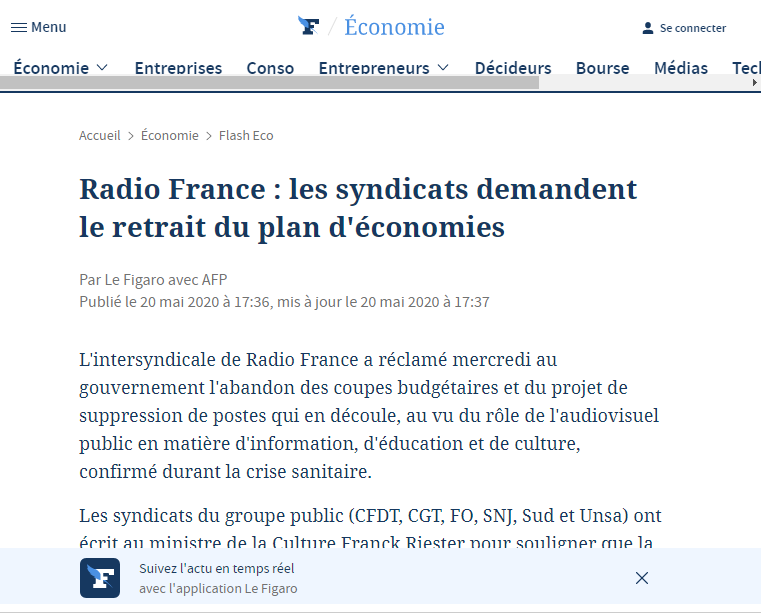
Source
Cuts in the budget had already been decided on in 2018, in a period long before the present crisis. The Government had demanded a reduction of € 190 million in funds to public broadcasters (by 2022). € 20 million of spending cuts were destined for Radio France and in 2019 the CEO Sibyle Veil had prepared a plan that involved cutting 250 jobs. This provoked the longest strike in the history of public radio. The strike lasted 63 days (in total) during the end of 2019 and the beginning of 2020. The trade unions consider the cuts unjustified and after a period of truce due to the Covid-19 crisis, the unrest could restart.
Germany: NDR raises the crossbar by € 60 million

Source
The German broadcasting company Norddeutscher Rundfunk, NDR, wants to cut € 60 million more than the € 240 million that had been already decided on for the next four years.
The director, Joachim Knuth, is not going to reduce personnel but will not be employing new staff for 200 vacant positions. Furthermore, programmes and a series of events will be cancelled. Among those to go are crime series, entertainment and game shows on TV. Click here for more details from the article on Der Spiegel.
Italy: Onda d’Urto is banking on subscriptions

Source
Radio Onda d’Urto in Brescia has launched a campaign for subscriptions to compensate for the missing revenues caused by the probable cancellation of the Festival of Radio Onda. The event, that is to be held in August, is the main source of finance for the broadcaster and even if it is not cancelled, it will be much smaller.
United Kingdom: £ 125 million have gone ‘missing’ at the BBC
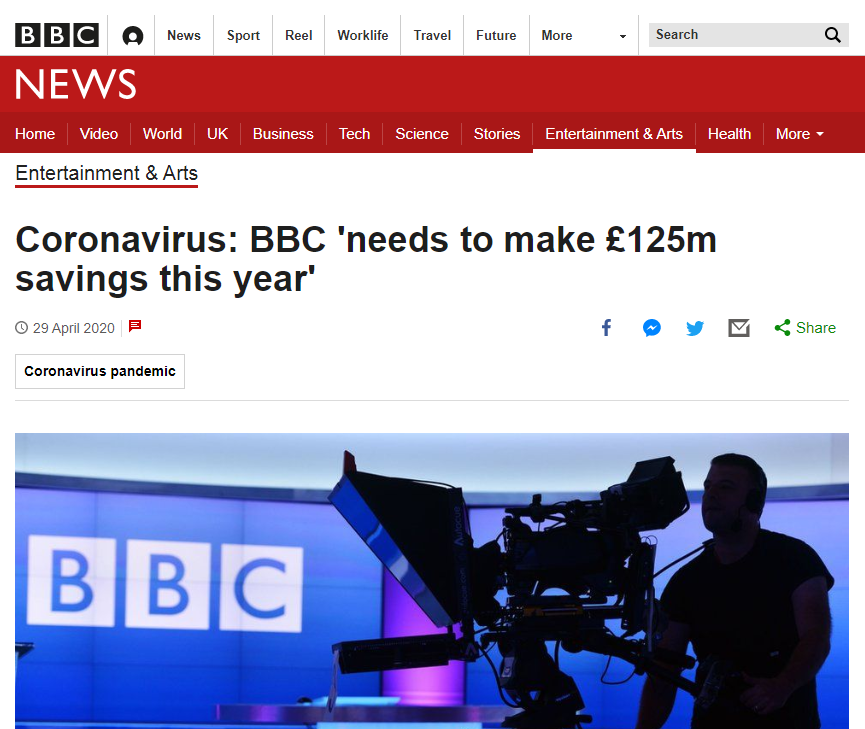
Source
The coffers of the public broadcasting station, BBC, are down £ 75 million due to
a delay: Listeners over seventy five were due to pay TV fees from June 1st, 2020, but this has been postponed to August 1st, 2020. This amount rises further because of losses caused by a drop in advertising and the postponement of a plan to reduce the workforce by cutting 450 jobs. According to the director general, Tony Hall, the cuts need to total £ 125 million. Upper management salaries will be frozen until August 2021 and a freeze will be put on all recruitment that is not indispensable. Other TV stations are not doing any better. ITV, free-to-air, has made a cut of £ 100 million to their budget and Channel 4 (a public broadcaster) has made a cut of £ 150 million. Further details can be found here.
Spain: SER cuts cost of personnel
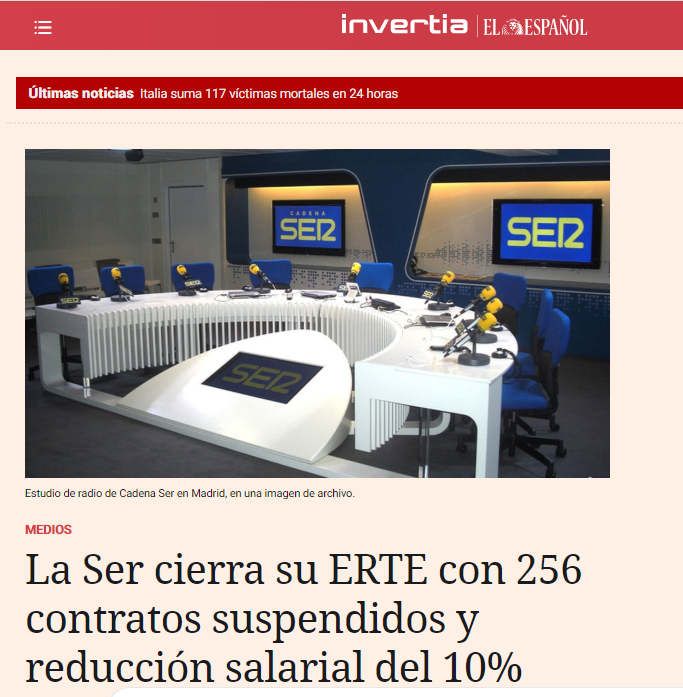
Source
Spains main network, Cadena SER, owned by the Prisa group (they own the daily newspaper El Pais and have business interests in 24 countries) is reducing the cost of labour. Of the personnel employed by the radio, 256 workers have been laid off until July 12th, 2020, (on unemployment benefit) while another 924 have a salary reduction of 10% until December 31st, 2020. Cadena Ser has 202 stations and the Prisa group also owns Cadena 100 and Los 40 Principales.
Click here for details in the article of El Español.

